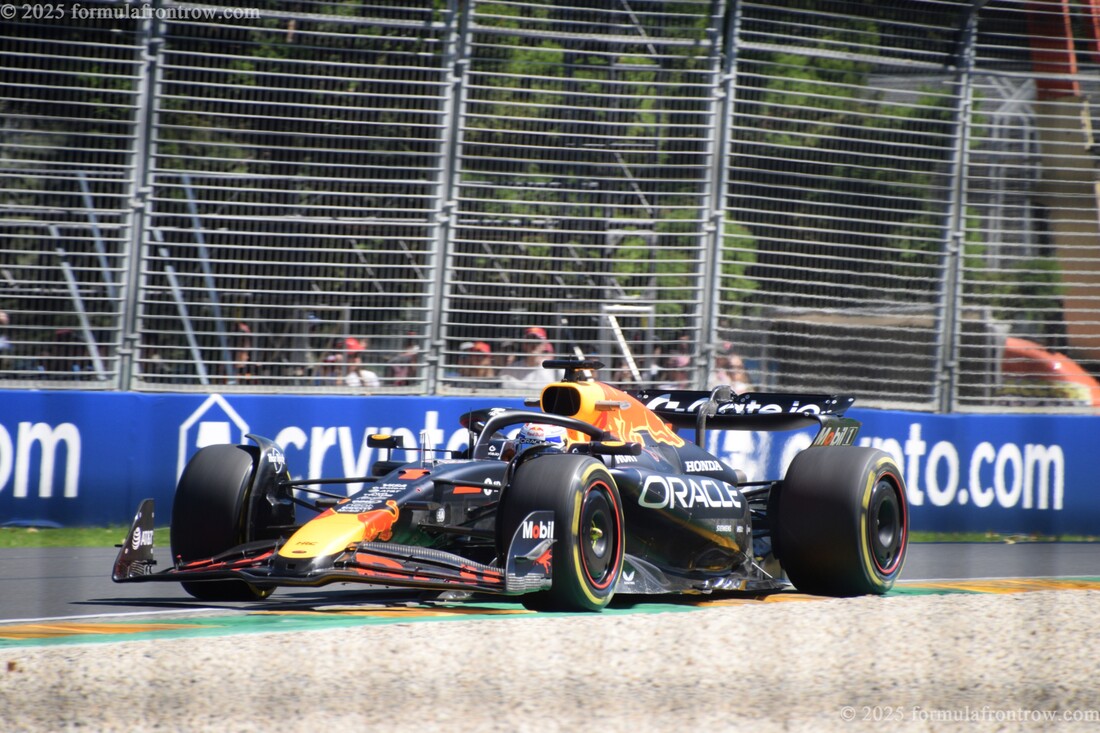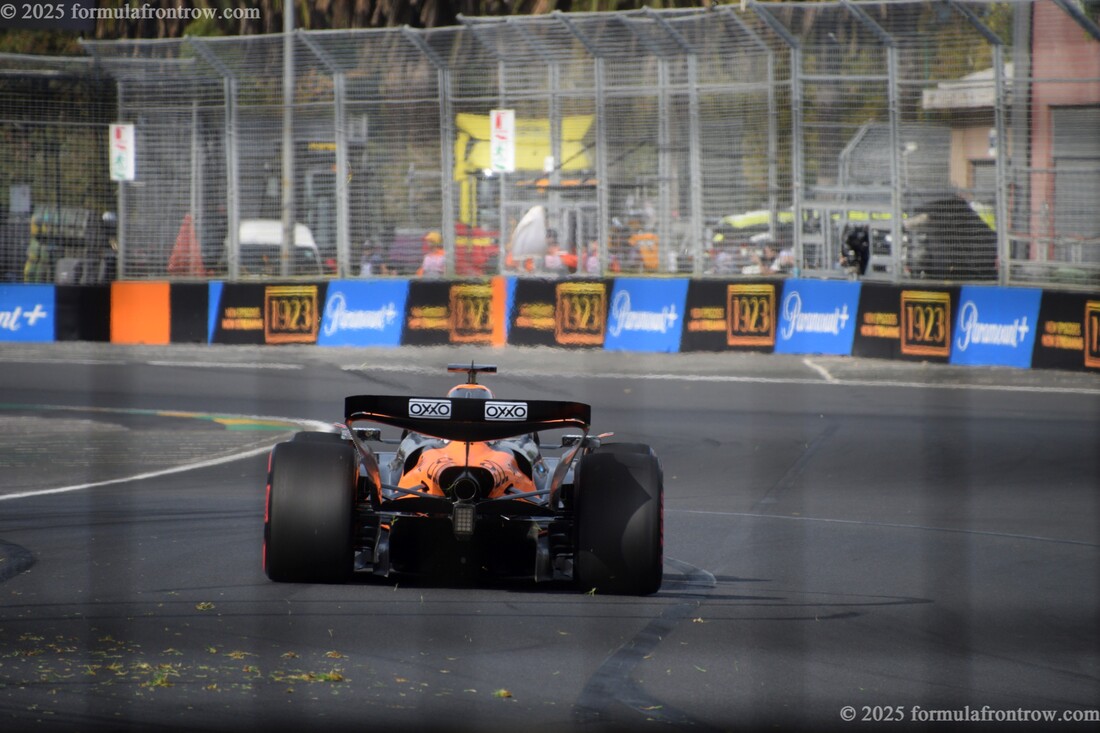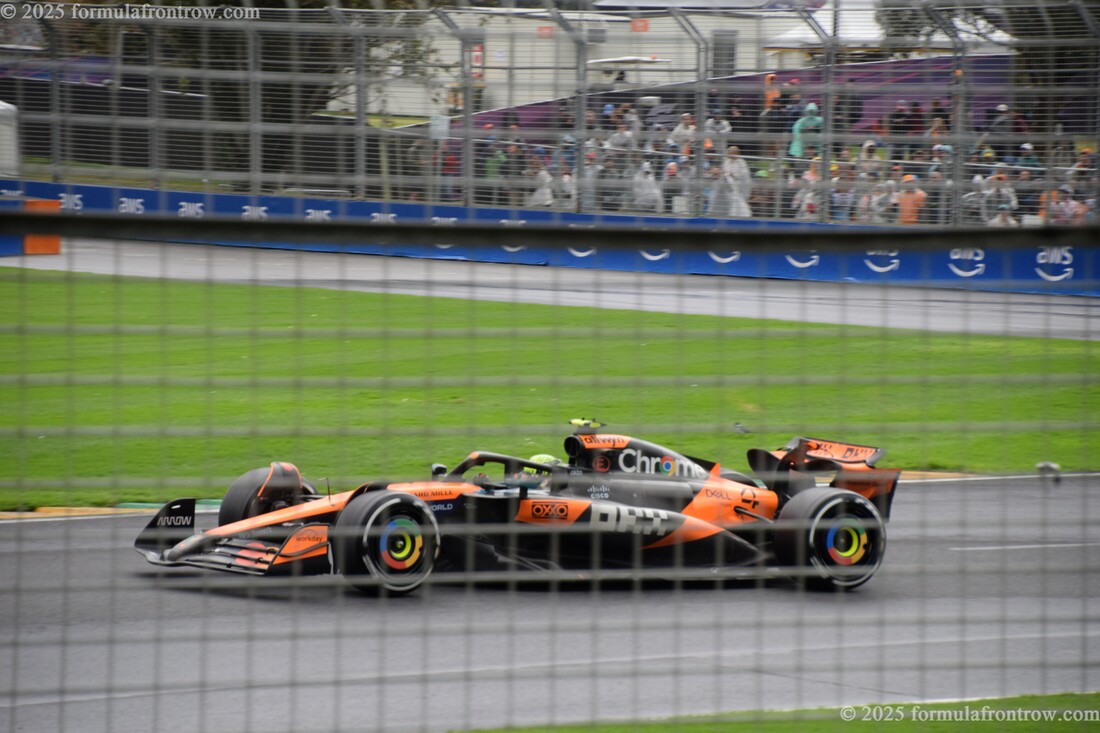 Melbourne. (C) Melbourne. (C) Once again criticism questioning the Australian Formula One Grand Prix's viability has risen its ugly head, and once again we'll rebuke it. The figures are out, with the Victorian government shelling out a reputed record $62m to stage the F1 season opener. Are they justified in spending that much of the taxpayers hard earned? Despite viewing figures dwindling due to the shift to Pay TV, Formula One is still the most watched sport worldwide outside of the summer Olympics and World Cup soccer. Those events are every four years, whereas F1 is on average every two weeks between March and November every year. Popularity equals exposure. F1 showcases Melbourne and Australia for that matter to the world. The great land Down Under translates to an attractive tourist destination for overseas patrons, even when F1 is not in town. During GP week in Melbourne, the restaurants are full, the bars are full, the cafes are full, the night clubs are full, the motels are all full, the transport industry benefits, and guess what? We're all spending money. Doesn't the Victorian government collect taxes from that? Don't these venues need to employ more staff to cater for the demand? The point is, the benefit fiscally, economically and socially is surely immeasurable. Besides, do you think the government would continue to throw money into staging the F1 GP if it was akin to ditching it in the Albert Park lake? Remember the contract was just renewed. The benefits both directly and indirectly are surely tangible. See you at Albert Park in 2016....
0 Comments
 Jenson Button, McLaren, F1, AGP. (C) Jenson Button, McLaren, F1, AGP. (C) McLaren are enduring, to say the least, a rather arduous 2015 Formula One campaign. Here's one of F1's grandee teams, who have won numerous driver's and constructor's championships, currently struggling to evade the Qualifying 1 cutoff and languishing towards the bottom of the constructor's championship. Dark days indeed. From 1995-2014 McLaren utilised Mercedes engine power. Now the other powerplant providers in F1, namely Ferrari and Renault, are widely considered to be not up to the calibre of the current Mercedes powerplant, as evidenced by the works Mercedes team currently dominating the championship. Would McLaren be challenging for the championship if they'd stayed with Mercedes? Could McLaren be sure Mercedes were providing the latest spec powerplant with which to achieve their championship aspirations? Their ethos, according to McLaren chairman Ron Dennis, is "We exist to win". Therefore, in their quest to quench their championship thirst, McLaren adopted Honda power for 2015 and beyond. Sound logic, right? Who could ever forget the halcyon days of the McLaren-Honda package back in the late '80s. Couple this with the star driver lineup of the driver still widely considered by many to be the best in F1, two time champ Fernando Alonso, and 2009 champ Jenson Button, and McLaren seem to have all boxes ticked. But the on track results are testing McLaren's resolve and the driver's patience. Four double DNF's and currently (pre-Russian GP) second last in the constructor's on 17 points. The car's deficiencies seem to be attributed to, not the chassis or aero, but to the new Honda powerplant. Fernando Alonso's poignant comments over the radio during the recent Japanese GP for the whole world to hear, including Honda's big bosses who were trackside, highlights the frustrations felt by the whole team. All interviews with McLaren personnel, including the drivers, state that Honda are making huge strides in understanding the new complex hybrid powerplants, and will be punching at the front of the grid again. But when? Will frustration and impatience get the better of their drivers? Fans want to see McLaren back at the front of the grid. Have McLaren made the correct evaluation concluding that championships in the foreseeable future cannot be won with the current powerplant providers, thus introducing a new combatant by rekindling their relationship with Honda? As always, time will tell.... |
Categories
All
Archives
September 2025
|



